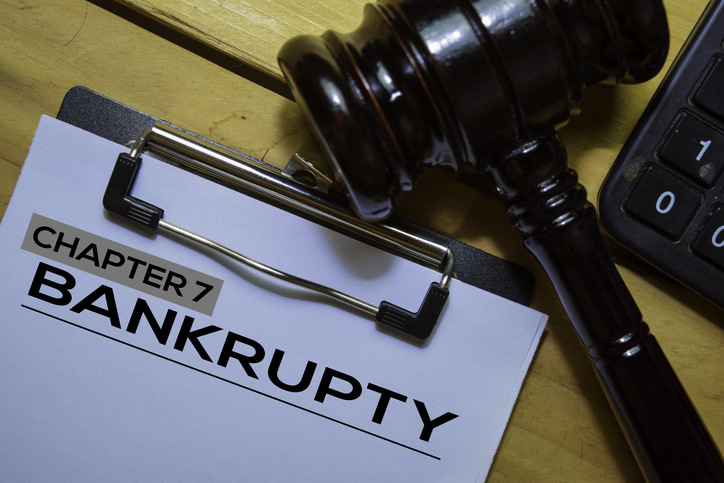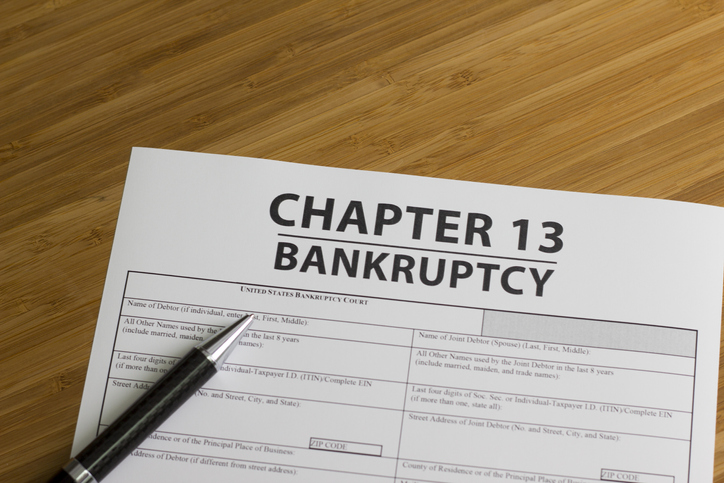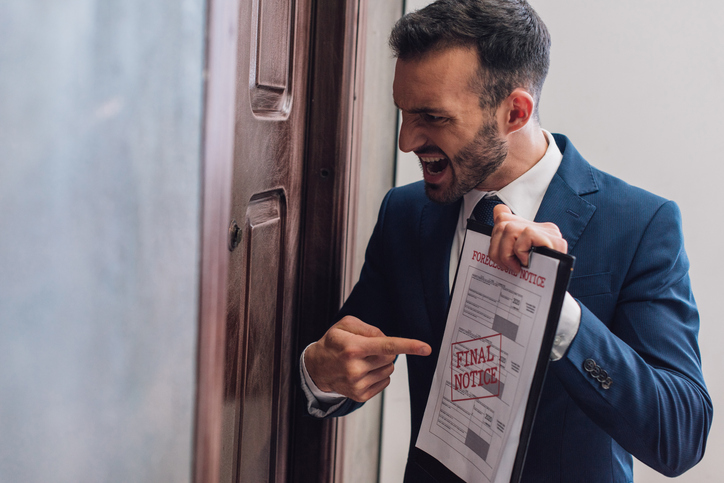You may be feeling overwhelmed, stressed, and at your wits end when you think about your finances. If you are unable to keep up with monthly payments and are facing growing interest charges, you are not alone. Many people in the Green Bay area are facing the same issue: unmanageable debt. When your loans, credit cards, mortgage payments and more become unmanageable, you may start to feel the strain. Creditors may start to harass you for payments, or you may even be facing legal action due to nonpayment. Filing for bankruptcy can help.
No matter the reason you are unable to keep up with your payments, whether because of an untimely job loss, family emergency, or unforeseen major expense, you may qualify for bankruptcy.
The experienced and knowledgeable lawyers of Buss Law Offices in Green Bay can help get you started and guide you through the bankruptcy process. Call today for a consultation.
Chapter 7 and Chapter 13 Bankruptcy
The most common chapters of personal bankruptcy are Chapter 7 and Chapter 13. You will likely file in one of these chapters depending on your personal situation. Your bankruptcy lawyer can help you determine which chapter is most applicable for your personal financial goals and whether you are eligible to file.
Chapter 7 is best suited for those who have few assets and minimal or inconsistent income. Filing in Chapter 7 involves completely wiping out debts through liquidation. The process usually takes around 3 months to complete. Your credit will take a hit, but you will be left with a clean slate on which to rebuild trust with your creditors.
Chapter 13 is best suited for those who have consistent, reliable income and valuable assets. For example, if you own a home or property and liquidation is not an option, Chapter 13 may be for you. This chapter of bankruptcy involves restructuring debt and forming a repayment plan. Some of your debts will likely be discharged, but others, such as a mortgage, can be restructured. You will enter a monthly repayment plan in order to pay back your debts. The plan usually lasts between 3 and 5 years.
Which Debts Cannot be Discharged?
Not all debts are created equally. Some debts, such as those owed on credit cards are usually eligible for discharge through bankruptcy. However, there are some notable exceptions, including:
- Alimony
- Student loans
- Child support
Your Buss lawyer can help walk you through the bankruptcy process and explain exactly which of your debts can be discharged.
Contact Buss Law Offices in Green Bay
If you are struggling with debts in Green Bay and want to know more about your bankruptcy options, call Buss Law Offices in Green Bay today.







